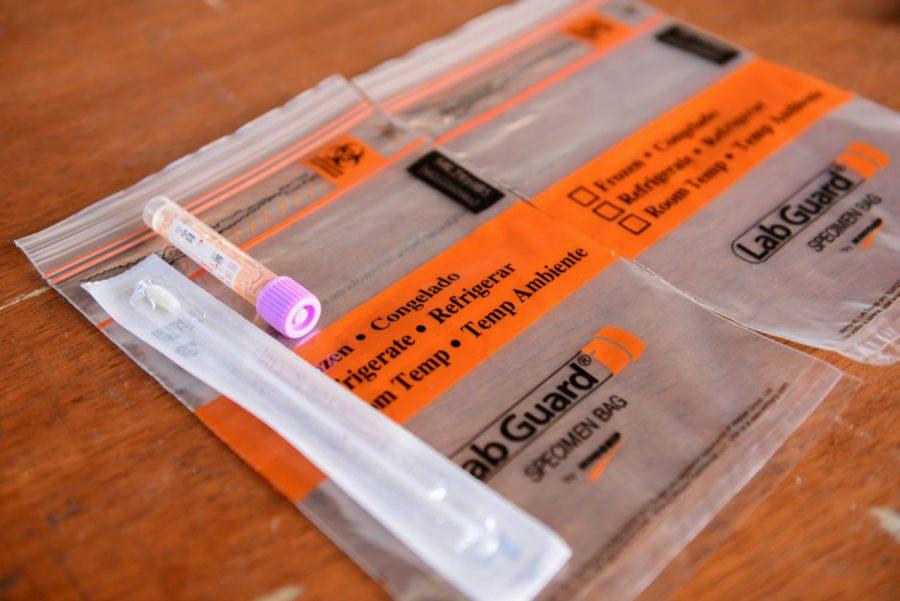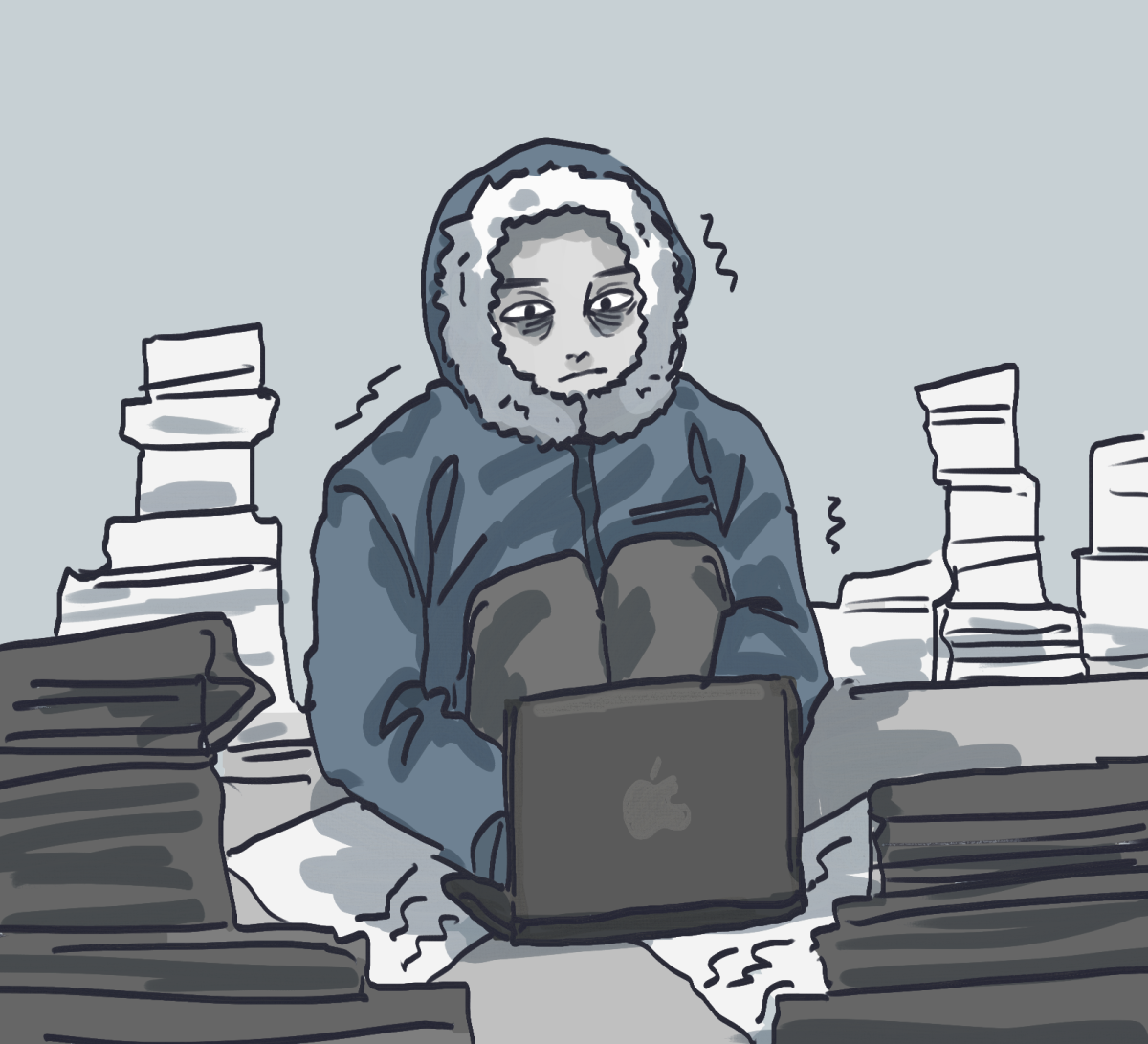Pitt adds 12 new COVID-19 cases since Thursday
December 15, 2020
Pitt added 12 new COVID-19 cases, composed of seven students and five employees, between last Thursday and Monday, with 10 students currently in isolation. The University’s previous case report, covering last Tuesday to Thursday, included 17 cases.
This is the ninth case report since Nov. 9, when the University moved back to the Elevated Risk posture and told students to shelter in place immediately. The University previously advised students to complete a 10-day shelter-in-place period starting Nov. 12 before leaving for Thanksgiving break, though Pitt allowed students to attend in-person classes and other academic activities.
The case report also arrives after the Allegheny County Health Department and state health officials have continued to report soaring case numbers.
Students had access to at-home COVID-19 tests after they went home for Thanksgiving break, per a program run by Pitt’s COVID-19 Medical Response Office. The University partnered with testing company Quest Diagnostics to offer one optional, self-collected COVID-19 test to all students, if ordered by Nov. 30.
The COVID-19 Medical Response Office said as of last Friday, Quest had processed 3,124 tests, with a total of 58 positives, or a 1.9% positivity rate. The CMRO said the rate indicates “slightly higher rates of infection among asymptomatic students in the post-Thanksgiving period.”
The CMRO also said new case counts on campus continue to “hold steady” even as statewide transmission “continues to surge.”
“We must do everything in our power to avoid spreading the virus and overwhelming hospitals and health care workers this winter,” the office said.
The office added that it is working with state and local officials to acquire vaccines and plan for distribution within the Pitt community. The federal government approved emergency use of the Pfizer-BioNTech vaccine late last week, and approval for a second vaccine, by Moderna, could arrive by the end of this week.
“We appreciate your patience and support as we work through these required steps,” the office said.
The University has had 785 students and 112 employees test positive since June 26, with 775 students and 80 employees recovered thus far.
There are 10 students currently isolated at home or in Pitt’s isolation housing, which is reserved for those who have either a confirmed or suspected COVID-19 infection. Pitt has a total of about 300 isolation beds.
Pitt has been using the new Flex@Pitt teaching model, which allows students to experience classes “in person, remotely, synchronously or asynchronously.” Provost Ann Cudd announced Sept. 30 that the Flex@Pitt model will continue into the spring semester as the pandemic continues, and the spring will have an adjusted schedule. Officials said last week that additional information about spring move-in would not be available until at least Jan. 4.
Pitt has implemented a systematic, random testing strategy, where it has said it will test several hundred students each week on Mondays and Wednesdays. The most recent random testing data on Pitt’s dashboard is from last Thursday, Dec. 10.
The University has implemented a variety of new policies due to the pandemic, though some community members question whether the safeguards are sufficient. All students were asked to shelter in place for seven days before and after arriving in Oakland, though officials said Pitt would not track whether or not students had completed the shelter-in-place period. Pitt has also planned testing of students to monitor the virus’s spread, required students, faculty and staff to complete COVID-19 training and imposed strict penalties for violations of health guidelines.
Kenyon Bonner, the vice provost and dean of students, said student organizations who host a party or event can face suspension, and students hosting large parties can be suspended.
Students living on campus who attend large parties can have their housing suspended for the semester, and students living off campus can be switched to persona non grata status, preventing them from entering University buildings or property.



